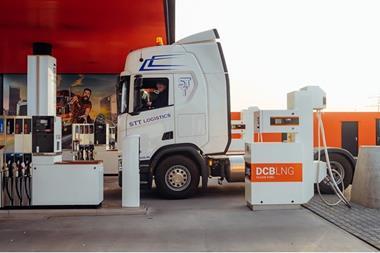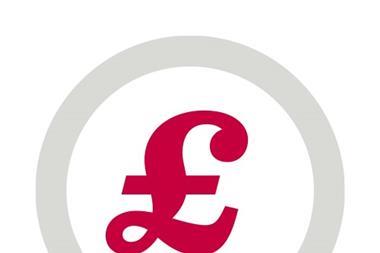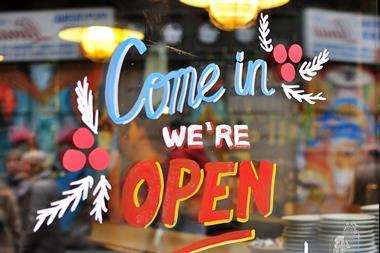Brent crude and wholesale gasoil prices ended 2017 at their highest since May 2015. UK drivers are paying more for diesel than they have in three years, with petrol not far behind. Falling crude stocks in the US were the immediate reason for the Brent price rising past $66.50/bl at the start of January, and several days of protests in Iran are adding a geopolitical risk premium, although output has not been affected.
Wholesale market participants tend to de-stock at the end of the year for accounting reasons and this time the drop exacerbated gradual global de-stocking as the market is rebalancing. Output cuts by Opec and its partners of 1.7mn b/d since the start of 2017 are continuing, and production increases by other producers have not kept pace. Demand grew, by an estimated 1.8mn b/d in 2017, forcing refiners to process crude out of storage.
And on both sides of the Atlantic refiners are continuing to maximise throughput to take advantage of strong margins for diesel. The diesel crack spread in ARA averaged some $12.40/bl in December, and started January at $13.50/bl.
While maximising diesel, refineries are also churning out gasoline as a by-product at a time when seasonal demand in the US the driver behind European gasoline margins is low. As a result, US gasoline stocks rose for seven consecutive weeks towards the end of 2017, closing the arbitrage for spot cargoes from Europe in late December. Gasoline crack spreads in northwest Europe have shrunk to their lowest since the start of 2015. They averaged just over $7/bl in December, down by some $3.70/bl from November and only half the value of August and September.
Diesel’s premium to gasoline is reflected at the pump here, where diesel has been some 3ppl more expensive than petrol since late November, the widest gap since June 2015. The US market, which remains the marginal price setter for European gasoline, is notoriously sensitive to price. Opec and its partners are determined to push prices up further by continuing their output restraint, and further rises could curb US driving demand and exacerbate the current premium of diesel over petrol for drivers over here.

































No comments yet